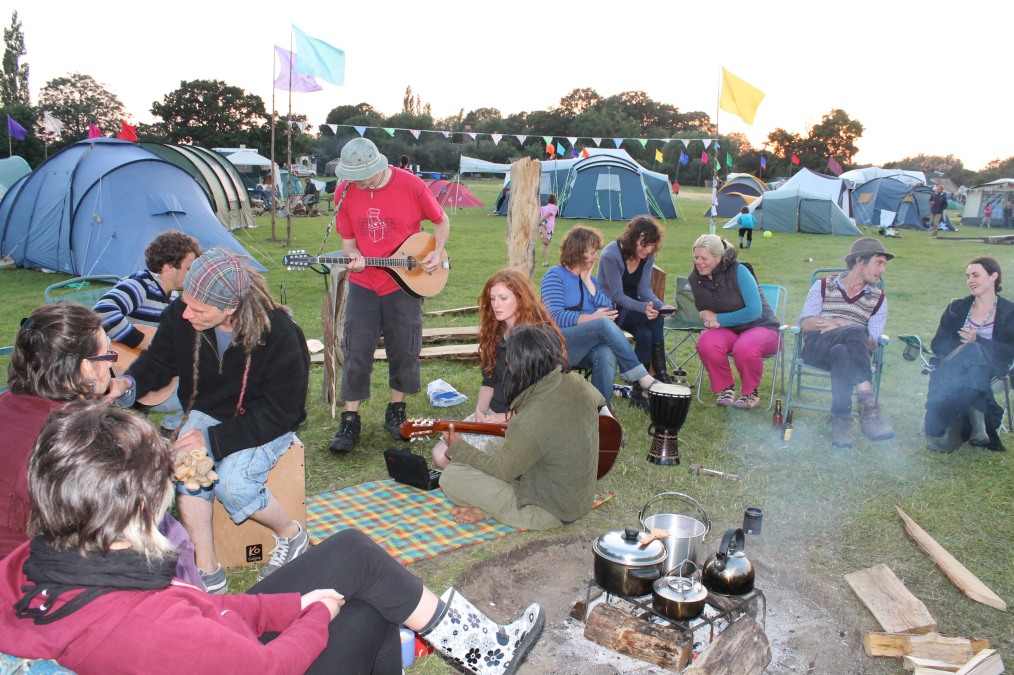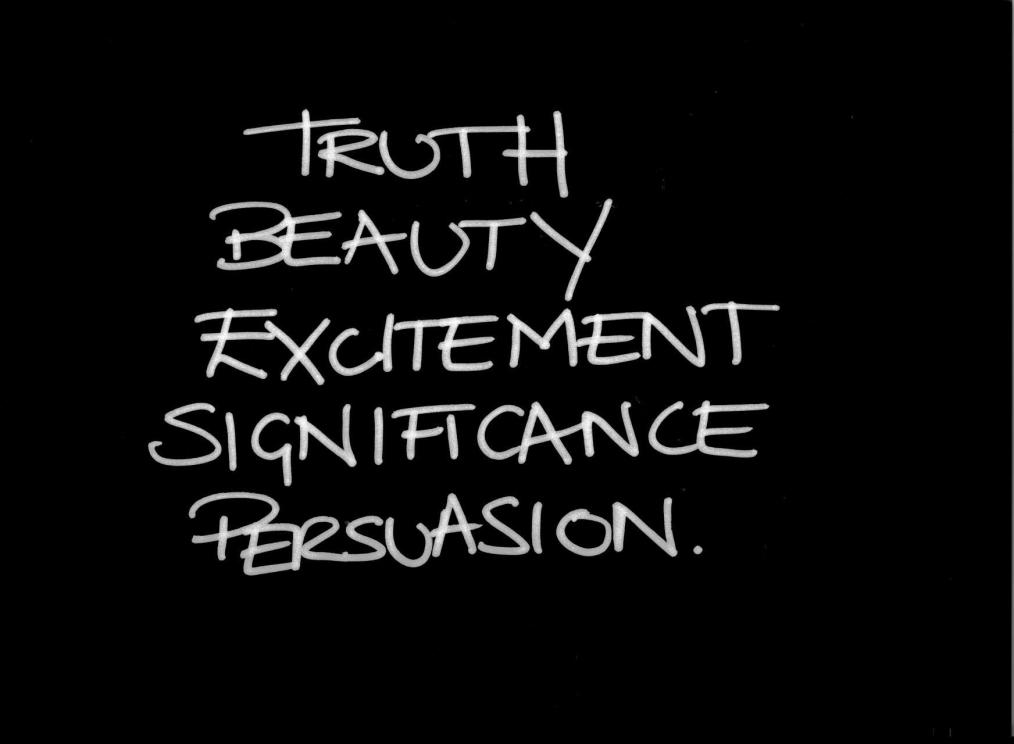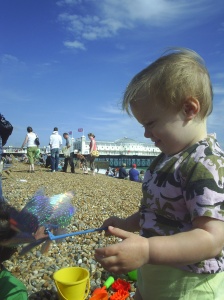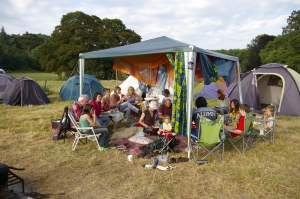 Navigating the transition from school term to holidays is never easy, and I am grateful right now for my two hours in a cafe while Jude is at the low cost Women’s Centre creche. As many of you know, I finally made the decision to go with my gut and keep Jude out of school for at least this next year and home educate. The root of this decision lies back in his babyhood when I began to read about the philosophy around home education and the problems with schooling. So the impact of suddenly seeing the shape of my life without 15 hours of nursery per week is, to say the least, quite startling.
Navigating the transition from school term to holidays is never easy, and I am grateful right now for my two hours in a cafe while Jude is at the low cost Women’s Centre creche. As many of you know, I finally made the decision to go with my gut and keep Jude out of school for at least this next year and home educate. The root of this decision lies back in his babyhood when I began to read about the philosophy around home education and the problems with schooling. So the impact of suddenly seeing the shape of my life without 15 hours of nursery per week is, to say the least, quite startling.
I often find that once a decision is made, the other side – the path not taken – seems to stand out in bold relief. I know that if I had made the decision to send him to school, I would be seeing all the flaws of that path in minute detail, so I can rest in the middle here, taking it all with a pinch of salt.
A few things have come to pass and to end lately. The vision of my son at school, joining the ranks of the vast majority of our society – there is a kind of loss and grief in that, even though I feel right about the choice; the end of a significant relationship; my decision to not take my place on the Creative Writing MA to start in October after all. Instead of the massive undertaking and financial commitment of a 2 year degree I am doing manageable little bits and pieces that nourish my writer self: such as the Sark ‘WINS’ course, which I started a month ago and am absolutely loving!
Sark is one of the most insightful and inspiring writers I’ve ever had the luck to come across. I loved her book ‘Succulent Juicy Woman’ and have aspired to be one ever since. Her program for writers, WINS, has in the space of a few weeks transformed me from a chronic writing procrastinator to someone who is doing something to do with writing almost every single day. I hope this keeps up! I know that if I get stuck there is abundant support to get unstuck again.
I have some interviews lined up with amazing creative and soulful mothers for my non-fiction project, and have already gratefully received some written material answering my questions from those who are not able to do face to face interviews. I am going to send a proposal to an agent who I have a connection with through an author friend. I am so excited about this project!
My son and I have spent 2 weeks camping this summer so far, one week at Midsummer Camp in June and one at Dance Camp East in late July – a week blessed with the most stupendous unexpected sunshine. We met lovely people, re-encountered lovely souls we’d camped with before, and generally unwound ourselves into the space of blue sky and the simplicity of cooking over a fire.
But I noticed something different this year: the camps don’t feel like the be-all and end-all of my life, as they did the last two years – the first two years in which I discovered them. It may sound sad to say that only a couple of weeks out of a whole year would have such an impact, but they did. I was woken up to a way of living that resonated deeply with me: a way of being in community in freedom and mutual respect that I recognised with my bones. I came home from them absolutely overflowing with love and openness.
This time, though, I found myself almost impatient with the seeming irrelevance of the camps to my everyday life: after all, living on my own with my son barely resembles a situation of sharing cooking, childcare and songs with 30 other people. It’s as if there seemed no point in surrendering into an experience that, beautiful as it is, is not going to last and cannot be translated into my life in Brighton. Some kind of cynicism or disappointment had taken root in me, to my sadness. This didn’t stop me from enjoying the experience as best I could while there: I discovered some wonderful new things, like Taize meditative singing, which had me in tears every time, and circle dancing, and loved singing my way through a 60’s and 70’s songbook with a guitarist in my circle, and performing ‘I’m Alive’ with a small acapella group in the cabaret at Dance Camp East.
But I wonder if the community is simply evolving more slowly here, but happening in its own subtle way nonetheless. Several people I know through the single parenting community in Brighton have supported me recently with both practical and emotional issues – mostly online or via text, but it helped tremendously. Another single mom is looking at setting up some single parent houseshares, and I am dabbling with the idea. I am loving the home education community already, and am so grateful for things like the forest school at Stanmer Park which is like a mini-recreation of camp life for me, once a week, where Jude can make a stick man to celebrate Lammas and also run around with a sword with other boys. I also love my various women’s circles, which nourish me and connect me to my femininity, and am so excited about the collaborations in the form of yoga and creativity workshops I am brewing with other talented women. And it seems that various acquaintances are setting up new social events and gatherings almost every week.
Dance Camp has also renewed my determination to learn guitar. In the style of Sark’s micro-movements, (where you take actions that last no longer than 5 minutes, to move you steadily towards your goal), I have taken my guitar out of the cupboard and put it in the living room, looked at tuners online and peered in the window of a music shop.
I encourage you all to look at the little steps you can take towards your dreams, and see how these little seeds take root and flower. I am hoping that the roots of community and music will slowly spread right underneath the foundations of my life here in Brighton. Who knows where they will come up to light and flower next.




